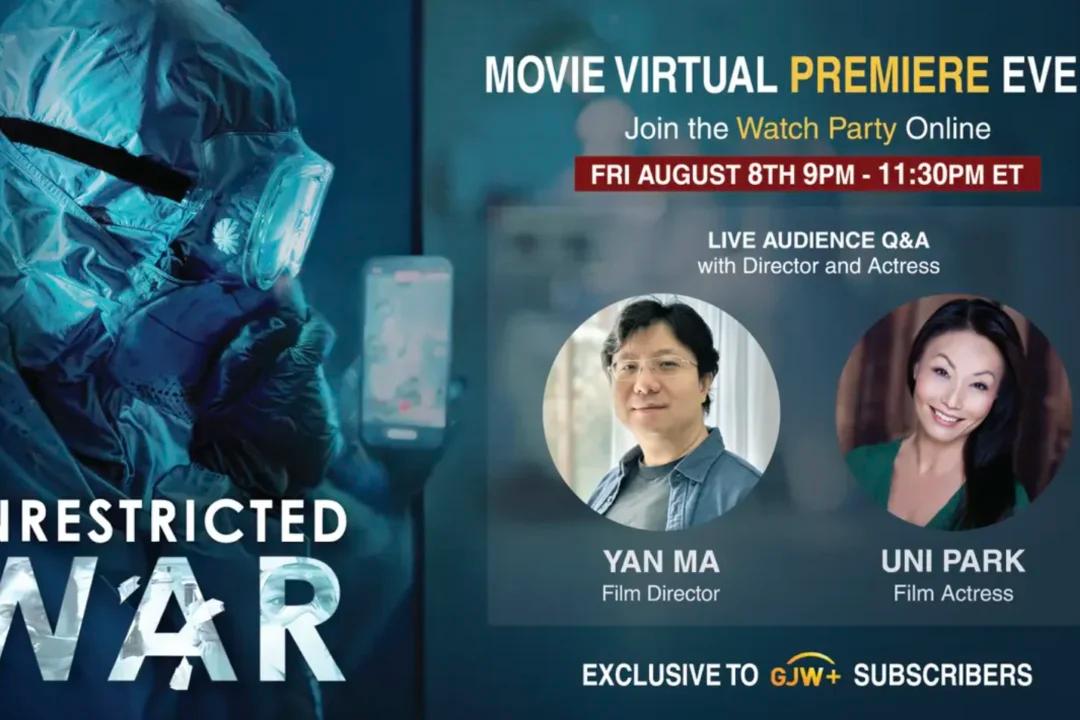Everyone may agree that there is always room for improvement, and nowhere was that more evident than at the third annual Education Nation Summit, held at New York’s public library and hosted by NBC. Over 300 of the nation’s leading educators and education experts came together for the 3-day event, where everyone seemed to be focused on the needs of students and their character, getting families heavily involved in their child’s education from day one, and getting teachers and schools support from the community.
While addressing the challenges in education, like poverty and a one-size-fits-all approach in testing and teaching students, the discussions were encouraging, sending the message that the nation can do better.
Best practices were shared, innovate ideas were collaborated on, and solutions weaved throughout the summit. A section of the library was transformed into a live television stage.
Wanda Neville with the Oyler Community Learning Center in Ohio works in a district that in 2006 decided to partner with community groups—both private and public. Those schools now offer “wrap–around” schooling, and they receive dental, vision, and medical care inside the school—a mix of emotional and academic, to get the whole child, according to msnbc reports.
“Being a part of Cincinnati Public Schools, a district that truly has embraced this community learning center, the concept of community learning centers wrap around schools, has been a blessing for my school,” said Neville. Many of her students are living in poverty.
“There was no way a few years ago. So with our school, and our principal, and our district embracing this wrap-around schools concept we have been able to bring in private and public entities together, combine our resources, and customize what our students need,” Neville said.
For her students, customizing their education meant taking care of the children’s basic needs. Neville said that at first, the district went out into the community asking if they would like to be a part of the school, but now people come to them asking. They also have over 400 people who have offered to volunteer-tutor students at least once a week.
“I do believe there is hope, never give up hope,” said Neville.
KIPP (Knowledge is Power Program) Infinity Charter School in New York is taking another approach to education—a focus on the students’ inner world and character.
“Fundamentally, at KIPP we believe that character is just as important as academics, and we’ve always believed it,” said Leyla Bravo-Willey, a director at the charter school and a panelist at the summit.
Condoleezza Rice, former U.S. Secretary of State and now a professor and author of “Extraordinary, Ordinary People: A Memoir of Family,” talked about how education is an issue of national security because to enter the military, a basic skills test must be passed.
Rice also said that it is a matter of morals to take care of all children—not just our own, and that even the nation’s best students fall behind in various skills such as writing facts and analyzing and what other countries are learning.
Rice also said that a middle-income African-American is likely to do well in school today, so race is not really an issue, but if you are a minority in a very low–income neighborhood then you are “caught in the worst witches’ brew that our nation can produce.” Many third to fifth graders may not even be able to read in such low-income schools.
“Grit” is a word that was talked about throughout the summit. It means perseverance and inner strength, and it lead to discussions on self-control, knowing our thoughts, praising effort over talent, and supporting the mindset of growth and learning, rather than a fixed mindset of giving up.
Angela Duckworth, former middle and high school teacher and assistant professor at University of Pennsylvania, talked about the 10,000-hour or 10-year rule of skill development. For example, when kids see the Olympics, they see amazing performances, but they don’t see the hours and hours of efforts going in, said Duckworth.
Duckworth added that no one is born with skill or “knowing how to hold the bow of a violin,” rather it is effort, things that confuse you, and all the frustrations that make you want to cry and quit—that is perseverance, effort, and the mindset of growth—or grit.
Presidential candidate Mitt Romney attended the summit and President Obama addressed the summit in a prerecording because of his busy schedule.
The Epoch Times publishes in 35 countries and in 19 languages. Subscribe to our e-newsletter.




